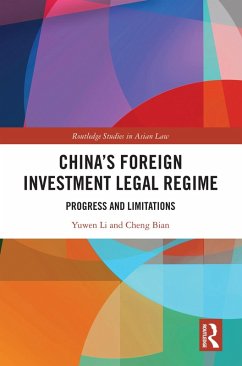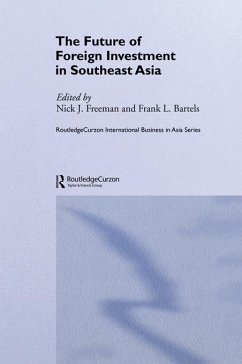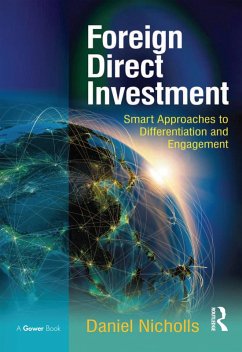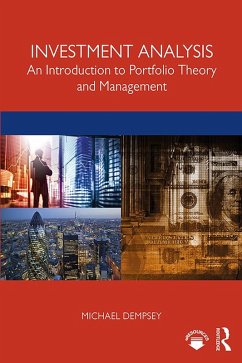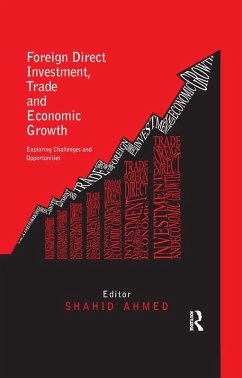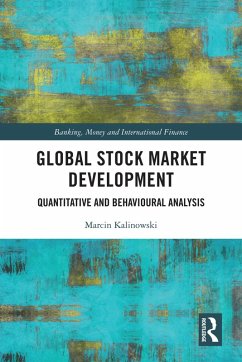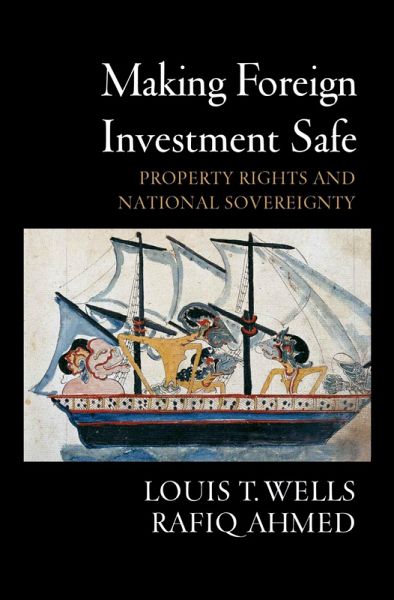
Making Foreign Investment Safe (eBook, ePUB)
Property Rights and National Sovereignty
Versandkostenfrei!
Sofort per Download lieferbar
20,95 €
inkl. MwSt.
Weitere Ausgaben:

PAYBACK Punkte
10 °P sammeln!
With real case stories, Wells and Ahmed bring to life both the hopes for and the failures of international guarantees of property rights for investors in the developing world. Their cases focus on infrastructure projects, but the lessons apply equally to many other investments. In the 1990's inexperienced firms from rich countries jumped directly into huge projects in some of the world's least developed countries. Their investments reflected almost unbridled enthusiasm for emerging markets and trust in new international guarantees. Yet within a few years the business pages of the world press w...
With real case stories, Wells and Ahmed bring to life both the hopes for and the failures of international guarantees of property rights for investors in the developing world. Their cases focus on infrastructure projects, but the lessons apply equally to many other investments. In the 1990's inexperienced firms from rich countries jumped directly into huge projects in some of the world's least developed countries. Their investments reflected almost unbridled enthusiasm for emerging markets and trust in new international guarantees. Yet within a few years the business pages of the world press were reporting an exploding number of serious disputes between foreign investors and governments. As the expected bonanzas proved elusive and the protections weaker than anticipated, many foreign investors became disenchanted with emerging markets. So bad were the outcomes in some cases that a few notable infrastructure firms came close to bankruptcy; several others hurriedly fled poor countries as projects soured. In this book, Louis Wells and Rafiq Ahmed show why disputes developed, point out how investments and disputes have changed over time, explore why various firms responded differently to crises, and question the basic wisdom of some of the enthusiasm for privatization. The authors tell how firms, countries, and multilateral development organizations can build a conflict-management system that balances the legitimate economic and social concerns of the host countries and those of investors. Without these changes, multinational corporations will lose profitable opportunities and poor countries will not gain the contributions that foreign investment can make toward alleviating poverty.
Dieser Download kann aus rechtlichen Gründen nur mit Rechnungsadresse in A, B, BG, CY, CZ, D, DK, EW, E, FIN, F, GR, HR, H, IRL, I, LT, L, LR, M, NL, PL, P, R, S, SLO, SK ausgeliefert werden.






